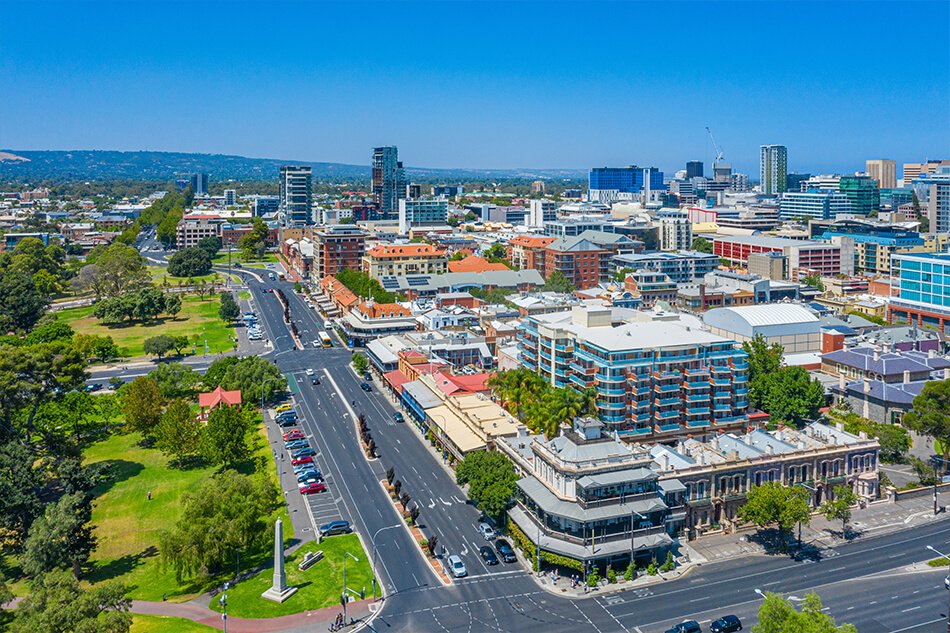If you’re buying or selling an Australian property, you’ll be faced with a contract of sale.
Anyone who wants to purchase an Australian property must sign a contract of sale document, which outlines an agreement between a buyer and seller. Legal documents can feel overwhelming, especially if you’ve not had to sign one before.
If you’ve recently been faced with a contract of sale but need help figuring out where to start, you’ve come to the right place. Here’s everything you need to know to understand this type of contract.
Key Takeaways:
- A contract of sale is a legally binding agreement between the seller and buyer of a residential property.
- A licensed conveyancer or solicitor will issue a contract of sale.
- Buyers have a cooling-off period of three days to decide whether they still want to buy a property after the contract is signed.
What is a contract of sale?
A contract of sale is a legal document that outlines an agreement between the seller of a property and the buyer, designed to protect the rights of both parties. The contract will specify the terms of the agreement and should be carefully consulted before signing.
What will a contract of sale include?
Legally, a contract of sale needs to include the following details, such as
-
- The names of the buyer and seller
- The permanent addresses of both the buyer and seller
- The address of the purchased property and any land titles
- The agreed purchase price
- The proposed deposit amount and date it’s due
- The property settlement date
- Information regarding an independent property valuation,
- Other details such as inclusions of fittings like carpets or appliances and a relevant occupation certificate if the home includes a swimming or spa pool.
After the contract is signed, you can’t turn back the clock, so it’s essential to read over the document fully to avoid any serious mistakes. Consider consulting a real estate agent or solicitor to help you through this process.
Do I have to pay goods and services tax on a property?
No, if you’re purchasing an established residential property like a house or apartment, you don’t need to pay goods or services (GST) tax unless the seller is registered for GST.
This will not be included in your contract of sale.
Can you alter the purchase price after a contract of sale is signed?
No, you cannot change the property price after signing the contract of sale.
By signing the document, you have effectively sold or bought the property, and no more amendments to the sale price can be made.
If you’ve made a mistake or need more help in understanding your contract of sale, seek independent legal advice.
Is a contract of sale a legally binding agreement?
A contract of sale is a legally binding document, so a signed contract is subject to the law. You’re therefore protected by law if the contract of sale terms are not met.
Do I need a real estate agent to create a contract of sale?
No, rather than a real estate agent, you will need to consult with a licensed conveyancer or solicitor to draw up a contract of sale. If you’re buying a house, the seller will likely issue you the contract.
If you’re selling a house, find a trusted solicitor by consulting your real estate agent or mortgage broker, as they may know one within their network.
Is there a cooling-off period?
Sellers are entitled to a cooling off period of three business days for private sales of residential properties.
The cooling-off period is designed to give the buyer a chance to consider the offer put forward by the seller and begins from the date the buyer, rather than the seller, signs the contract.
If the buyer decides they no longer want to buy the property during the cooling-off period, they will need to give notice to the seller via the seller’s agent.
Need professional advice on your property? Choose Lendstreet.
If you’re ready to purchase your dream property and need help with getting a home loan, we’re here to help. Our team of experts are on hand to answer any questions you might have and get you one step closer to buying your desired home.
Learn more about how we can help you by chatting with one of our friendly team members today. Alternatively, ask us a question online.
Get the latest news and updates from Lendstreet
Join and subscribe to our newsletter.
FAQs
What are the three stages of a contract of sale?
Legally, the three stages of a property sales contract are:
- Preparation of the document: the negotiation period, which ends the moment both parties agree
- Contract birth: when both parties agree to the contract terms
- Consummation: the fulfilment of the terms in the contract
Can I back out of a property sale?
As a buyer, you have a cooling-off period of three days to decide whether you want to go ahead with the purchase of a property. After this time, you’re legally bound to purchase since you’ve signed the sales contract.
Who prepares a contract for sale?
A licensed solicitor or conveyancer will prepare a sales contract for a property and issue this to both the buyer and the seller after negotiations have taken place.
How to amend the title to a property?
Contact the Australian land titles office in the state or territory of the purchased property to legally change ownership.
Related articles
Are you thinking about buying an investment property interstate? As Sydney's property prices skyrocket to nearly $2 million, many Australians ...
Purchasing a second home or property investment is an excellent way to earn additional funds. However, buying a second home ...
Buying a house goes far beyond the initial purchase price. Negotiating the property purchase with a real estate agent is ...









